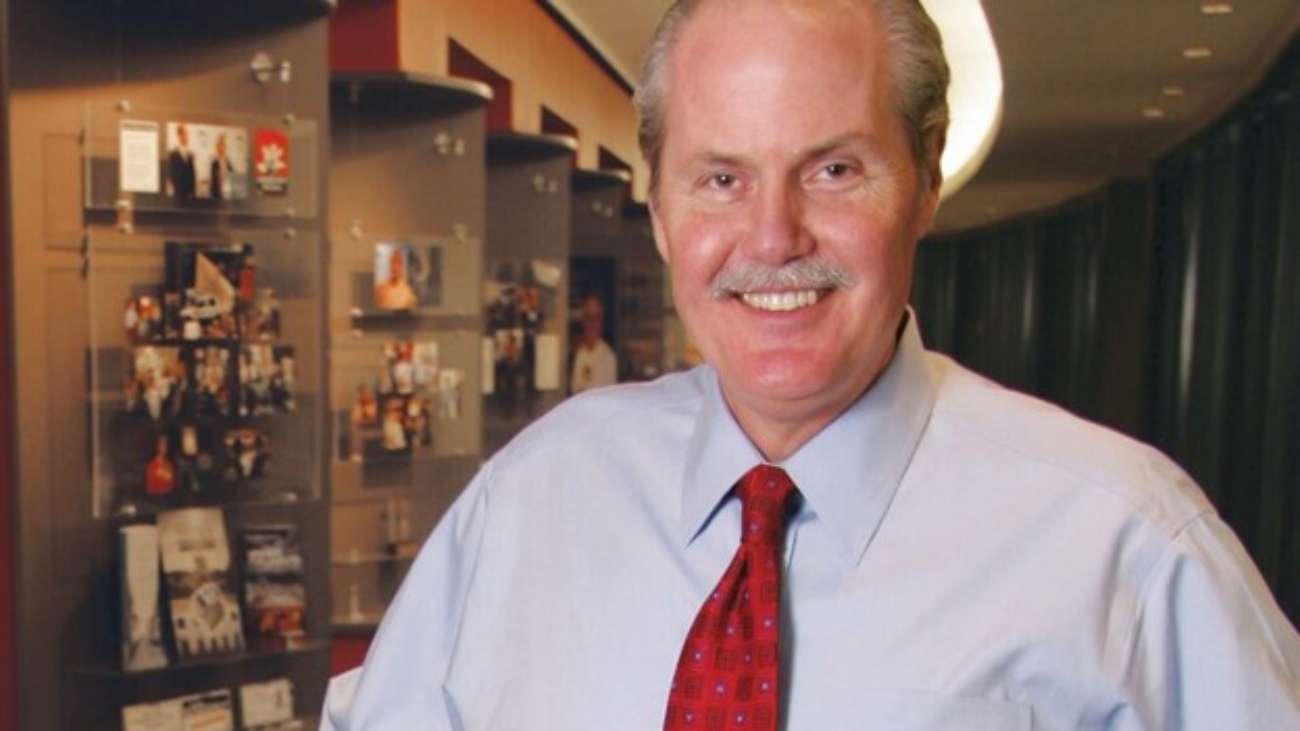The recent passing of Chip Mellor, former president of the Institute for Justice (I.J.), has sparked thoughts about caskets—but not for the reasons one might expect. Mellor, who co-founded the public interest law firm with Clint Bolick in 1991, played a key role in successfully challenging Tennessee’s restrictive regulations on the sale of “funeral merchandise.”
This case demonstrated Mellor’s dedication to defending economic freedom, a core mission that distinguishes I.J. from left-leaning civil liberties organizations. Over the past three decades, the organization’s diverse agenda, encompassing freedom of speech, private property rights, and educational choice, has served as a powerful example of how strategic litigation can benefit everyday Americans facing excessive government intrusion.
In the Tennessee lawsuit, Mellor represented two businesses opposed to a state mandate requiring casket sellers to be certified as “funeral directors,” a process involving irrelevant training and unnecessary exams. Mellor argued that this requirement violated the 14th Amendment’s protection of citizens’ “privileges or immunities,” which historically included the right to earn a living.
While the U.S. Court of Appeals for the 6th Circuit did not fully support Mellor’s argument, it did rule in 2002 that Tennessee’s law, aimed at shielding the funeral industry from lower-priced competitors, failed the basic “rational basis” test. This decision signaled that “simple economic protectionism” is not a legitimate basis for government intervention.
I.J. has effectively challenged other anticompetitive regulations impeding economic activity, such as restrictions on hair braiding and affordable transportation. The organization has also advocated for reforming burdensome and irrational occupational licensing requirements that hinder upward mobility without enhancing public safety—a cause supported by various political allies.
I.J.’s defense of economic liberty often intersects with its advocacy for free speech, as seen in challenges against restrictions on commercial advertising, teletherapy, legal counsel, and guided tours. The organization’s First Amendment initiatives also include representing individuals subjected to retaliatory arrests, like cases involving individuals arrested for online jokes or political disagreements.
In defending private property rights, I.J. assists victims of government overreach, such as innocent individuals whose homes were damaged by law enforcement actions. The organization has also fought against civil forfeiture abuses, highlighting unjust seizures and advocating for legal reforms to prevent law enforcement from unjustly claiming property.
While educational choice is often associated with conservative causes, I.J. frames it as a fight against a system that traps students in underperforming schools based on their location or financial status. The organization believes that all parents, regardless of income, should have the freedom to choose their children’s education.
Chip Mellor’s legacy lives on through an organization that challenges conventional notions of civil liberties, promotes freedom, and aids the disadvantaged. It underscores the importance of economic liberty and private property rights in empowering individuals, particularly those of modest means, against government overreach.
© Copyright 2024 by Creators Syndicate Inc.




